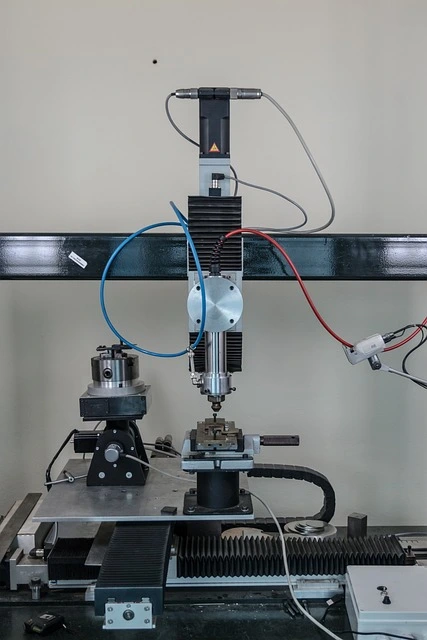Maximizing Deductions and Managing Depreciation in the Automation Industry
The rise of automation is changing manufacturing, and automation companies need to navigate the tax environment. This guide explores key tax considerations and helps you optimize your tax planning by focusing on equipment depreciation and industry-specific deductions.
Understanding Taxable Income:
Business Structure:
Your company structure ( sole proprietorship, LLC, or a corporation,) determines how income and expenses are reported on your tax return.
Income:
Taxable income includes income from the sale of operating machinery, installation services, and after-sales maintenance contracts.
Maximizing Deductions by Reducing Equipment Depreciation:
Spreading the Cost:
Automation tools are generally expensive. Fortunately, you can reduce the useful life of this device by reducing its price. This reduces your taxable income in the year of purchase and in subsequent years.
Understanding Depreciation Methods:
The IRS allows many depreciation methods (e.g., Modified Accelerated Cost Recovery System – MACRS) to spread the value of equipment over its useful life for tax purposes. The most advantageous tax option can have a significant impact on your taxable income in the early years. Talk to your tax advisor to find out how best to depreciate your specific equipment.
Section 179 deduction:
The IRS offers a Section 179 deduction that allows businesses to deduct (up to a certain limit) the entire cost of purchasing qualifying equipment in the year of purchase. This also provides substantial tax savings for manufacturing automation companies that invest in new equipment.
Industry-Specific Deductions to Explore:
Research and Development (R&D) Tax Credit:
The activities related to the designing and engineering of automation equipment may qualify for the federal R&D tax credit. The tax credit may be applied to your company’s federal income tax liability and would help to offset a portion of the tax.
Work Opportunity Tax Credit:
Hiring human resources from under-represented groups (e.g. veterans, long-term unemployed) can benefit you from the Work Opportunity Tax Credit. This tax credit may offset your Social Security and Medicare taxes.
Additional Considerations:
Employee Stock Ownership Plans (ESOPs):
The implementation of an ESOP may attract tax benefits for both your business and employees. Work out with a tax consultant whether an ESOP is a proper strategy for your company or not.
State and Local Taxes:
Watch out for state and local tax liabilities that could interfere with the deductibility of your equipment purchases and other business expenses.
Consulting a Tax Professional:
The taxation laws are often complicated and the manufacturing automation sector is known for constant evolution. A competent tax professional specializing in manufacturing businesses should be consulted. This is generally the best option. They may guide you to the most effective tax reduction techniques, such as machinery depreciation, tax-deductible costs, and observance of tax laws. Therefore, consider utilizing marketplaces like IfindTaxPro, you can post your project and find the right tax specialist for you.
Knowledge of taxable income, equipment depreciation options, and identifying possible industry-specific deductions enable manufacturing automation entities to face tax season with more certainty. Keep in mind that a tax consultant can assist you reduce your taxable income and the profit to be distributed for the growth and innovation of automation technology development.








